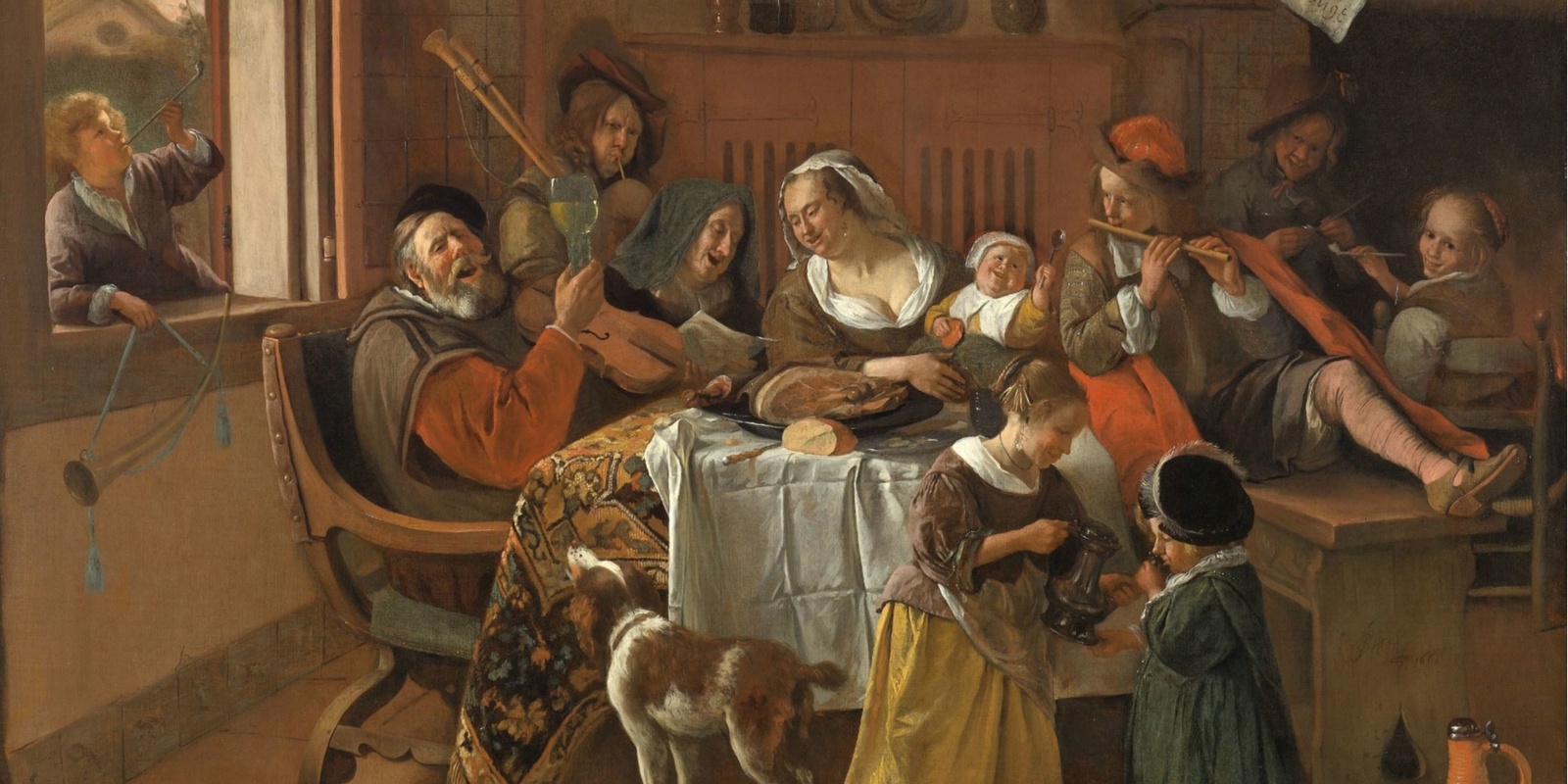Event description
ODSECS 37: Ros Powell
Inspiration, Oxygen and the Self: Some Narratives of Body Knowledge
Abstract: In 1774, Joseph Priestley isolated a gas which, he predicted, would become a wonderful new luxury; some two decades later, Thomas Beddoes published his suspicion that a surfeit of this same gas could cause a range of diseases including consumption. This paper looks not at the discovery of oxygen, or the revaluation of pneumatic chemistry introduced by Antoine Laurent Lavoisier in the years between Priestley and Beddoes, but at what these two observations have in common: the employment of “inspiration” (inhalation) as analytical method and narrative device. Whilst Beddoes and Priestley employed instruments, together with human and animal subjects, their accounts also introduce the individual experimenter’s body in various ways to evidence and to authorize claims. This paper will explore different examples of inspiration from the period to showcase how the subjective experience of respiration is central to the period’s understanding across literature and science of air and goodness, the stature of the experimenter, and what new knowledge entails.
Bio: Ros Powell is Assistant Professor in English Literature at the University of Amsterdam. Her research focuses on interrelations between literature, science and belief in the long eighteenth century, with recent articles on insects in Anna Letitia Barbauld’s work and satires about artificial reproduction and a book – Perception and Analogy (MUP, 2021) – on the use of figurative language in 18th-century scientific and literary discourse. Ros is currently writing a book about self-experimentation and narrative between 1660 and 1830 and (with Lisa Ottum and Allison Dushane) co-editing an essay collection for the MLA on teaching with scientific texts in the humanities classroom.
Tickets for good, not greed Humanitix dedicates 100% of profits from booking fees to charity

